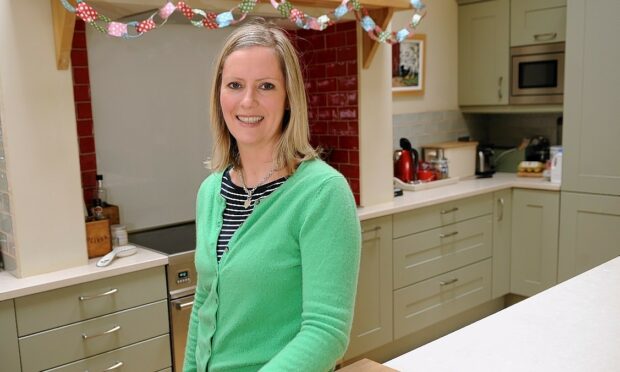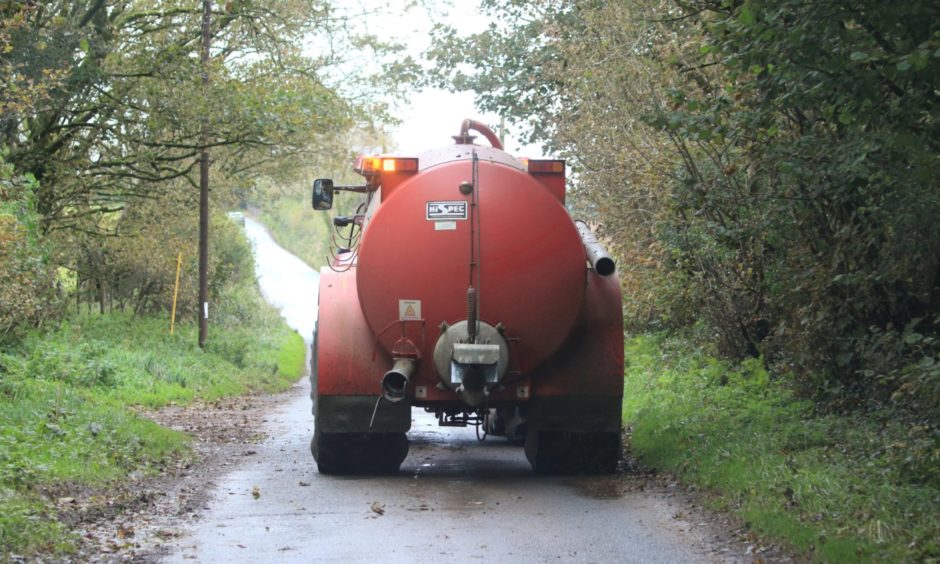Perhaps like some of you, the pandemic changed how I felt about welcoming in 2022 this year.
On Hogmanay, also my Dad’s birthday, instead of feeling melancholy over the passing of another year, I found myself thankful and grateful – for family and friends, for our health, for the spectacular landscape and supportive community in which we live, for the fact we still have our livelihood however challenging this can be at times – and decided to embrace and look forward to the fresh start the new year brings.
I also resolved not to make any resolutions, which was liberating.
The spiralling effects of and fallouts from Covid-19 on both micro and macro levels over the past two years have focussed my mind on what matters most to me; a Marie Kondo-style life decluttering if you like.
Besides, my New Year’s resolutions never stick so I released myself from this going into 2022.
That said, I am a planner and the chill, dark days of January are the ideal time to plan ahead, particularly in farming when the farm, dairy production unit and farm shop are all at their quietest.
First on Nick’s agenda is addressing the calf accommodation for the youngest residents at Rootfield.
Obviously, the calves are a vital part of the farm business as they are the future of the herd so he is constantly striving to improve their living conditions.
The newest calves are currently in pens inside the former milking parlour, but Nick feels it is too airy.
The older calves share large plastic ‘igloos’, which provide better insulation, but the straw-filled outside pens to the front tend to get wet very quickly at this time of year with the rain, sleet, wind and generally inclement Highland winter weather.
It is getting a balance between good ventilation and keeping them cosy to prevent pneumonia.
One option may be to relocate the igloos and young calf pens inside the top shed, which is more easily accessible now that the farm shop has moved down the drive.
Next on Nick’s New Year hit list is a strategy for optimising slurry use in light of recent rocketing fertiliser prices.
He has always used slurry as a fertiliser but will now plan how he can maximise its efficacy further to reduce the farm’s reliance on – plus the additional cost of – bought-in products.
Although not strictly within my ‘greening’ remit, being a farm rather than dairy production issue, I welcome the reduction of artificial fertilisers at Rootfield.
Granted, slurry does not smell pleasant but when applied umbilically its emissions are dramatically reduced by pumping it directly into the ground rather than spreading it on top.
Not only has the cost of fertiliser increased but so too has many of our ice cream ingredients and the cost of wheat.
This has meant price increases from our local bakery supplier, which provides artisan rolls, loaves and pastries for our self-service farm shop.
We have little option but to pass on these price increases to our customers and hope they understand and appreciate that good, locally made produce is not cheap. And nor should it be.
I’m reminded of a podcast I listened to lately as part of my studies to obtain a Diploma in Organic Skincare Formulation when the CEO of an esteemed natural beauty brand made two points that really resonated with me.
She said that properly sourced ethical ingredients are not cheap and that if you have a business, it has to make money.
She may have been referring to skincare company start-ups and botanical extracts, butters and oils, but for me, the same principles very much apply to the British farming, food and retail sectors.
Shopping sustainably is the key to all our futures.
- Jo lives at Rootfield Farm in the Black Isle with her husband Nick, daughters Daisy and Mollie, and 120 dairy cows. They run the Black Isle Dairy.


